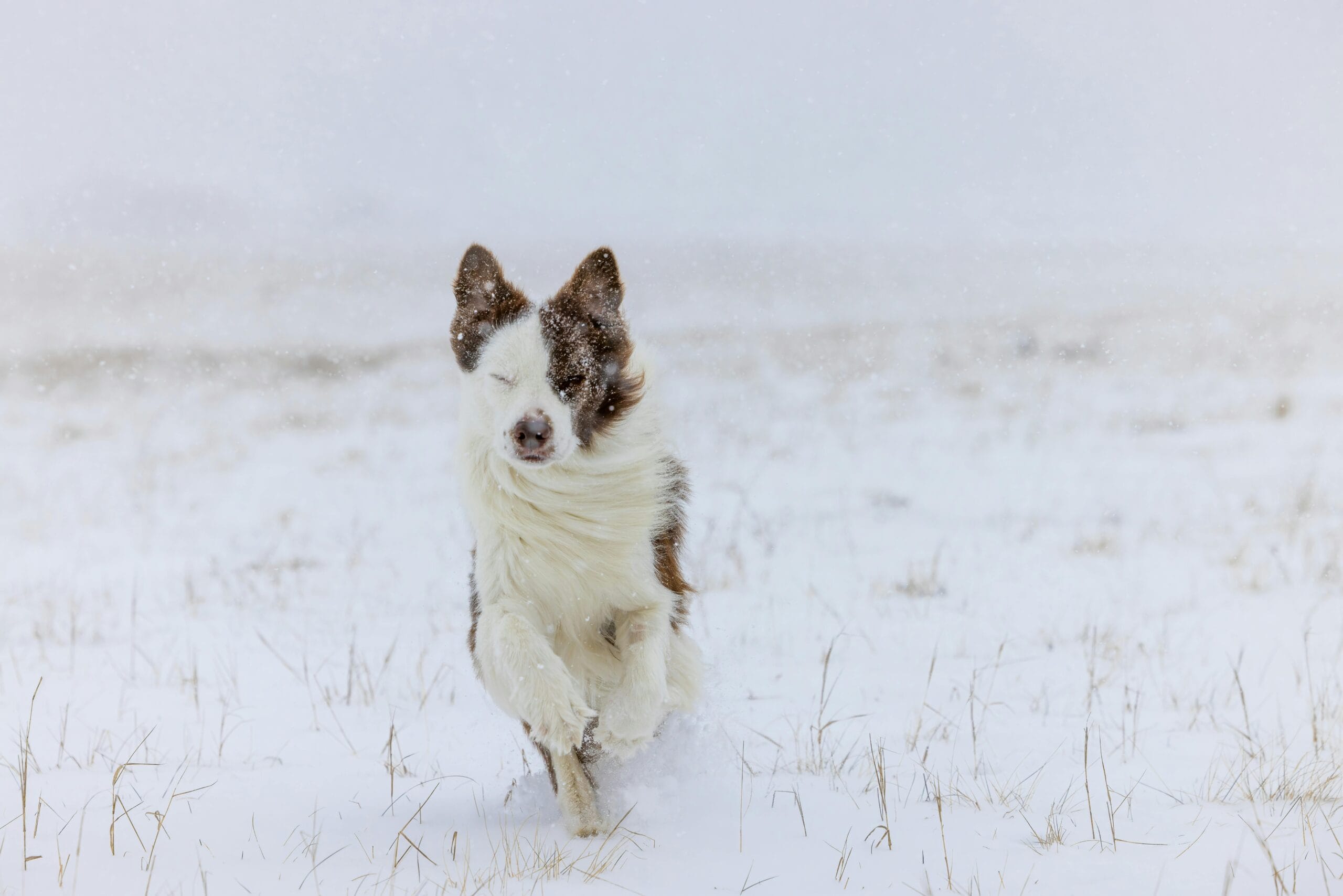The Rottweiler is one of the most recognized and loved dog breeds around the world. Known for their imposing appearance and loyal character, they are ideal companions for the right family. In this article, we will explore in depth their physical characteristics, their unique personality, and the essential care they require to live a healthy and happy life. If you're considering adopting a Rottweiler or simply want to learn more about this spectacular breed, you're in the right place.
Rottweiler Physical Traits
Appearance and size
Rottweilers are medium to large sized dogs with a robust musculature. Generally, males weigh between 50 and 60 kg, while females are usually between 35 and 48 kg. Their solid bodies are designed for physical work, which explains their frequent use in tasks such as herding and guarding. They can measure between 56 and 69 cm in height at the withers, with males being naturally larger than females. Everything about their posture and body structure denotes strength and endurance.
Colors and distinguishing features
One of the most distinctive characteristics of the Rottweiler is its short, glossy coat. The typical coat color is black with well-defined reddish-brown markings in key areas such as the cheeks, muzzle, paws and chest. Their expressive brown eyes, along with droopy triangle ears, complete an alert and intelligent expression. These characteristics not only give them a formidable appearance, but are also essential in identifying the breed's purity.
Personality and Temperament of the Rottweiler
Intelligence and skills
With a well-developed intelligence, Rottweilers are known for their quick learning ability and cunning. They have a strong desire to please their owners, which facilitates their training. They excel in a variety of work activities, such as obedience, agility and protective services. This, combined with their protective nature, makes them exceptional family watchdogs. Their mental energy needs to be properly channeled through continuous training and stimulating activities.
Myths and facts about their behavior
There are many myths about the aggressiveness of Rottweilers, but it is essential to understand that this breed is loyal and affectionate when raised in the right environment. Their character can be energetic and protective, which is sometimes misunderstood. The key to positive and balanced behavior lies in socialization and education from an early age, eliminating prejudices and enhancing their positive qualities. Without proper training, they can develop undesirable behaviors, but with proper guidance they are extraordinary companions.
Essential Care for a Healthy Rottweiler
Adequate food
Proper nutrition is crucial to maintaining a Rottweiler's health. They require a balanced diet rich in high quality protein to support their musculature. It is recommended to divide their food into two daily portions to avoid digestive problems and control weight, as they are prone to obesity if they do not receive adequate exercise. Consulting with a veterinarian to adjust their diet according to their specific needs is always a good practice.
Exercise and necessary stimulation
Regular exercise is a must for a happy and healthy Rottweiler. They need at least an hour of intense exercise a day, which can include walking, running, and games of fetch. They also appreciate mental tasks to maintain their keen intelligence. Walks in safe places are an excellent choice for combining physical and mental exercise. Maintaining a balance between activity and rest will prevent joint problems common in large breeds.
Health and veterinary control
Regular veterinary check-ups are vital to prevent and detect early possible health problems, such as hip and elbow dysplasia, heart disease, and eye problems. Vaccinations and deworming treatments should be up to date. Investing in veterinary insurance can be a sensible option, as health problems can be costly. Annual visits to the veterinarian for complete check-ups will help prolong their healthy life. Commitment to your health is synonymous with quality of life.
Rottweiler Education and Training Tips
Socialization from an early age
Early socialization is essential for a Rottweiler to become a well-balanced adult. Introducing him to different people, places, and situations from puppyhood will contribute to developing confident and stable behavior. Contact with other animals will also prevent future aggression problems. Positive and varied experiences will make your Rottweiler a wonderful member of the family.
Effective training techniques
Training a Rottweiler should be based on positive methods that include rewards, positive reinforcement and consistency. Patience is key. Group training classes offer an outstanding opportunity to combine learning and socialization. They especially enjoy being taught through games or tasks that involve mental challenges. Keeping training sessions short but regular will guarantee better results and strengthen the relationship between you and your pet.



